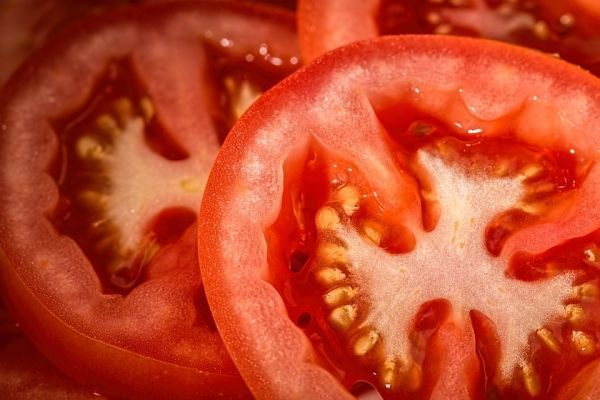Researchers from the University of Cambridge’s Sainsbury Laboratory (SLCU) and Department of Plant Sciences have discovered that drought stress triggers the activity of a family of jumping genes (Rider retrotransposons) previously known to contribute to fruit shape and colour in tomatoes. Their characterisation of Rider, published today in the journal PLOS Genetics, revealed that the Rider family is also present and potentially active in other plants, including economically important crops such as rapeseed, beetroot and quinoa. This highlights its potential as a source of new trait variations that could help plants better cope with more extreme conditions driven by our changing climate.
This wide abundance encourages further investigations into how it can be activated in a controlled way, or reactivated or re-introduced into plants that currently have inactive Rider elements so that their trait diversification potential can be regained. Such an approach has the potential to significantly reduce breeding time compared to traditional methods.
“Transposons carry potential for crop improvement. They are powerful drivers of trait diversity, and while we have been harnessing these traits to improve our crops for generations, we are now starting to understand the molecular mechanisms involved,” said Dr Matthias Benoit, the paper's first author, formerly at SLCU.
Transposons, more commonly called jumping genes, are mobile snippets of DNA code that can copy themselves into new positions within the genome - the genetic code of an organism. They can change, disrupt or amplify genes, or have no effect at all. Discovered in corn kernels by Nobel prize-winning scientist Barbara McClintock in the 1940s, only now are scientists realising that transposons are not junk at all but actually play an important role in the evolutionary process, and in altering gene expression and the physical characteristics of plants.
Read more at University of Cambridge
Photo Credit: stevepb via Pixabay


